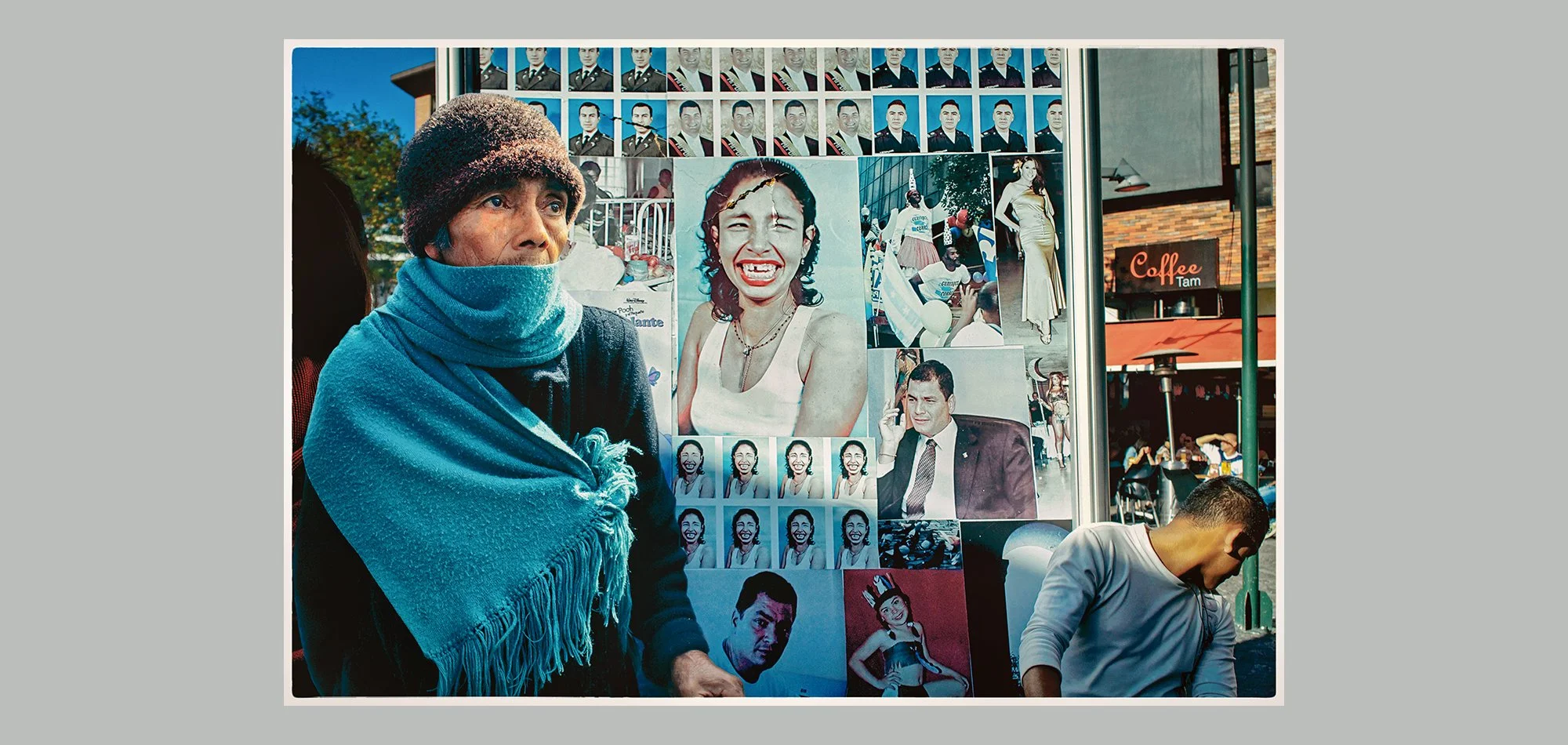We Are Only Shadows
WE ARE ONLY SHADOWS
If Ecuador were a bed covering, it would be a crazy quilt. And, if it were music, it would be a mashup of different centuries, cultures, geologies, climates, and ethnicities. Were it an animal, it would be feral, and sighting it would take your breath away. If it were human, it would be its own worst enemy.
For better or worse, Ecuador is instead a developing nation, teetering precariously at the edge of time and circumstance, vacillating between the siren calls of opposing historical and cultural impulses: between modernity and the country's feudal past, between the sacred and profane, between ruin and progress. With few exceptions, and in every sense of the word, Ecuador is replete with acute angles, steep grades, sharp curves and high walls.
And yet, for thousands of years here, the land has always provided, and few in Ecuador today see reason to worry about what tomorrow may bring. Here, living in the moment is reinforced by the belief that such behavior is essential to survival, that a bird in the hand will always be worth more than the promise of two in the bush.
While Ecuador, rich in resources and no larger than the American state of Colorado, is slowly wakening to other alternatives, it remains to be seen how its journey through the 21st century will unfold. It is only clear that the impersonal forces of globalization being brought to bear on the country today, no matter the inclinations of its inhabitants, will in the long run prove irresistible and irreversible.
pbl 2017


















